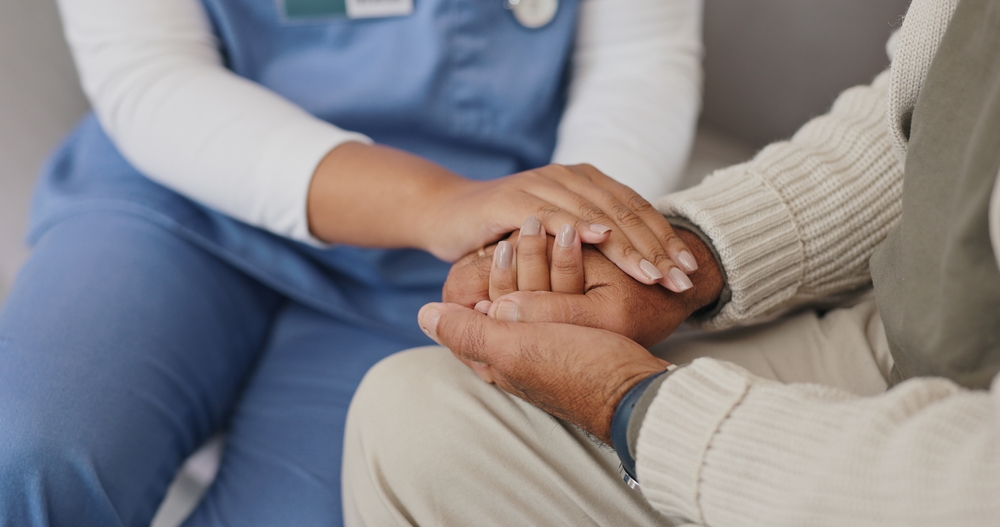When someone experiences medical negligence, it’s not just about the physical harm. The patient and those close to them will feel an emotional aftershock that includes confusion, anger, grief, and even guilt. As a friend or family member, you can’t reverse the damage, but your presence and support can make a big difference. From offering a listening ear to guiding your loved one through complex legal steps, here’s how you can be there for them in both meaningful and practical ways.

Be a good listener
The most powerful thing you can do is listen. That means really listening. It can be tempting, but don’t rush to solve problems (especially medical-related) or offer reassurances too quickly. Instead, let them talk and just sit with their anger or sadness. Ask open-ended questions like ‘What do you need in this moment?’ or ‘Do you want me to just listen, or help you think things through?’ Being a consistent, non-judgmental presence can be a real comfort when someone is going through a crisis.
Help with practical tasks
When someone is in physical or emotional recovery, they’ll be faced with an overwhelming list of tasks at the very time when they’re least able to cope with them. Even filling in basic forms or tracking medication can feel insurmountable. Offer to help keep a notebook of symptoms (this can also be done digitally), attend hospital appointments, or organise important documents or paperwork. If they’re in hospital, be mindful of how disorienting the setting can be and offer to advocate or clarify what doctors and nurses are saying.
Know when to suggest legal help
Navigating the question of legal action can be difficult. If your loved one is unsure about what to do next, introduce the idea of contacting experienced medical negligence solicitors in Liverpool who can offer clarity about whether there’s a viable case, and support families through the process so that some of the pressure is eased. You might ask something like, ‘Would it help to talk to someone who knows how these situations are handled?’
Don’t forget your own wellbeing
It’s so easy to neglect your own needs when someone you care about is suffering. But burnout helps no one – taking care of yourself ensures that you’ll be emotionally available for your loved one over the long haul. Make time for rest and exercise and talk to someone you trust about how you’re coping.
Your presence will help them stay strong
Supporting a loved one through the fallout of a medical error isn’t easy, but even small actions like listening or helping with admin can offer comfort and give them space to heal. You simply being beside them will help them feel less alone and more in control of what comes next.

